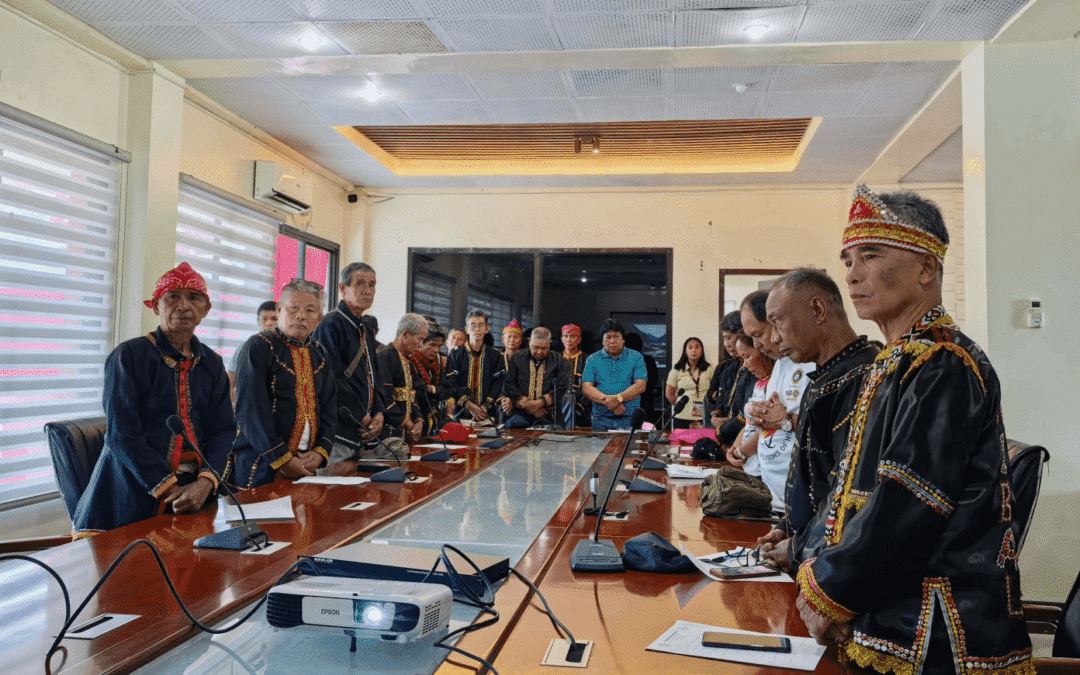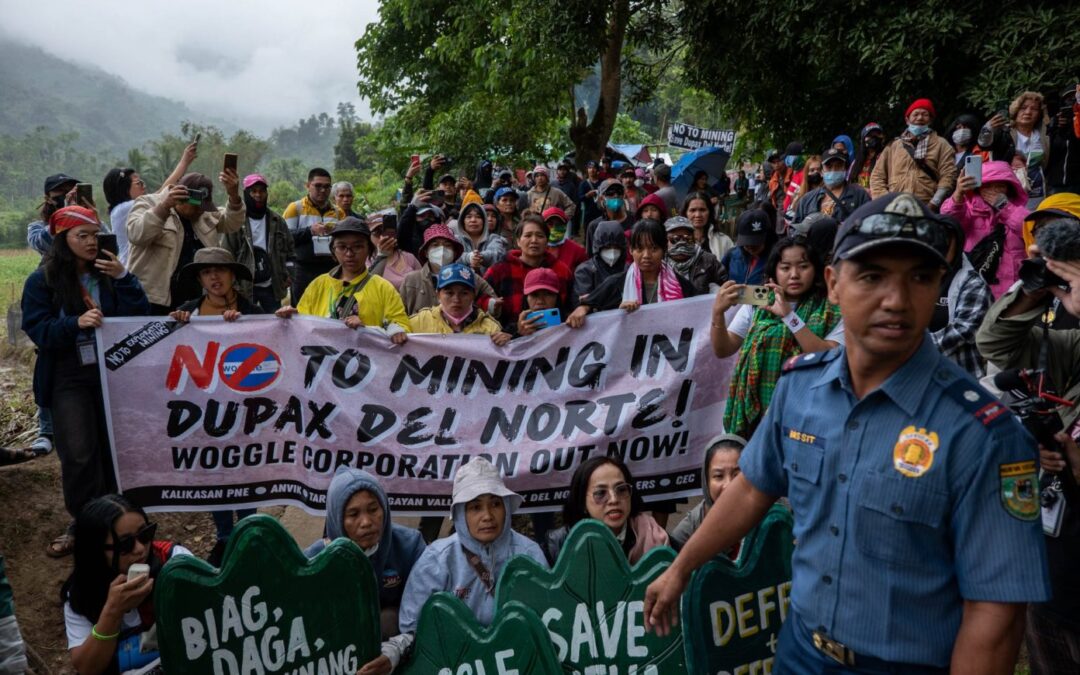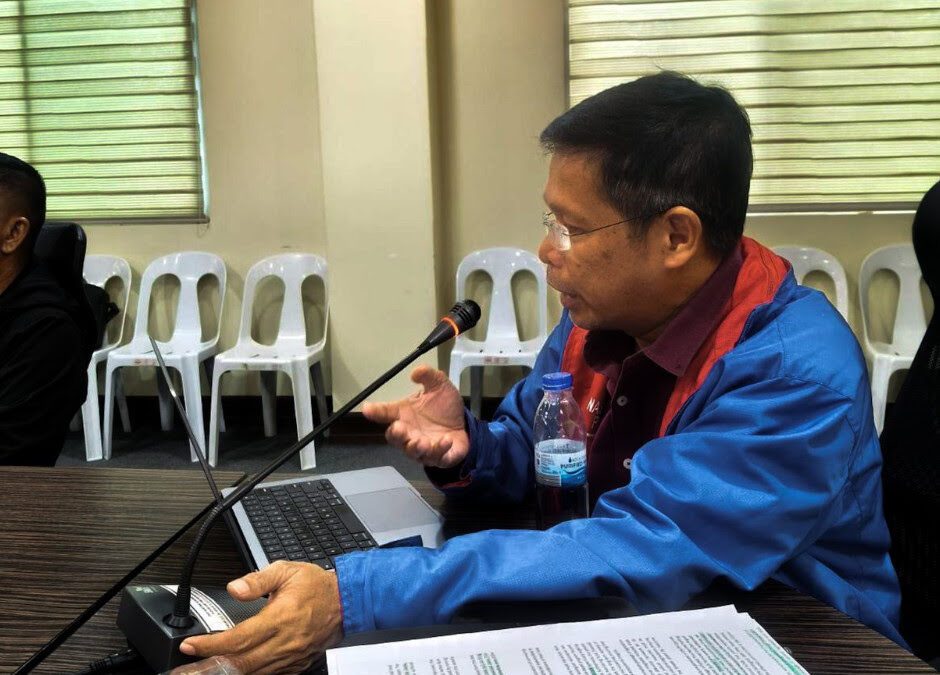The Philippine government should work harder to shift toward a green economy especially because the country is among the most “climate-vulnerable” in the world.
This was the call of international aid agency Oxfam as global leaders meet in Glasgow this week to discuss ways to combat the threats of climate crisis.
Although the Philippines is not among major carbon emitters in the world, the country has suffered billions of dollars worth of economic losses due to extreme weather events, which have been linked to climate change.
The World Meteorological Organization’s (1970 to 2019) atlas of mortality and economic losses from weather, climate and water hazards revealed that 75 percent of the deaths recorded from South West Pacific were from the Philippines.
The Philippine government has submitted its nationally determined contribution (NDC) to the UN Framework Convention on Climate Change in April this year. It committed to reduce the country’s greenhouse gas emissions by 75% from 2020 to 2030.
However, only 2.71% is unconditional or will be undertaken without international assistance. The remaining 72.29% reduction of greenhouse gas emissions will only be undertaken if the Philippines received international funding.
“The government really needs to update its pledge and aim for stronger commitments that are unconditional,” said Lot Felizco Oxfam Pilipinas country director.
She said accelerated funding, adaptation and climate resilience efforts will help empower communities, especially those at the forefront of climate change impacts.
Oxfam Pilipinas is a development and humanitarian organization that has worked in the Philippines for 30 years to address the underlying causes of poverty through its humanitarian response and various programs on economic justice, conflict transformation, and gender justice.
Its Just Energy Transition program emphasizes the inclusion of a broad constituency, including poor and vulnerable communities.
The organization aims to see energy transition that assists community resilience such as in the use of modular, small-scale, community-oriented renewable energy systems, which have been useful during disaster recovery and reconstruction.






0 Comments